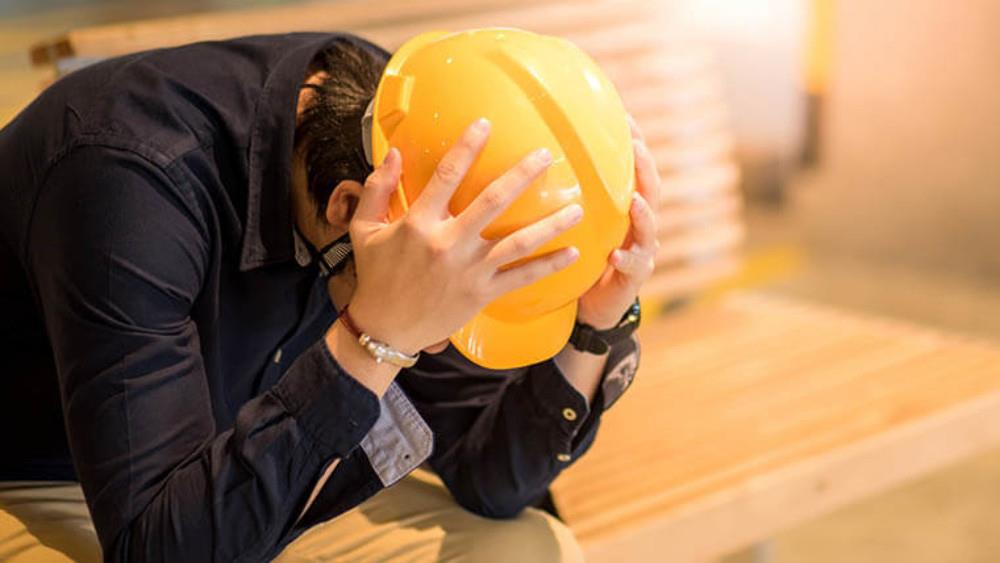

Health and safety consultant Safety Group offers advice for employers across the building materials industry to help employees.
When a new mental health in construction consultation was launched by the Construction Leadership Council, identifying mental health was a priority focus area at its Health Safety and Wellbeing Summit back in July.
Now, in light of World Mental Health Day (Friday 10 October), Health and Safety Consultants Safety Group shares its ten top tips on how to address mental health in the construction industry.
1. Acknowledge the issue
Recent studies indicate that over four in five UK tradespeople (82%) have experienced mental health problems due to work-related stress, anxiety, or depression. The first step towards meaningful change comes from employers recognising the prevalence of these issues.
2. Foster open communication
More than one in three UK adults (36%) never make space in their day or the time to speak about their mental health2, but 32% say more knowledge and understanding around mental health would make it easier to talk about mental health. This really highlights how encouraging dialogue about mental health reduces stigma and promotes early intervention. Ensuring managers have regular structured-check ins with their team or an open-door policy can make a significant difference.
3. Create a supportive work environment
Cultivating a workplace culture that prioritises mental well-being, where employees feel valued and supported. It's vital that managers/employers make sure people feel listened to and supported when they come with their mental health concerns; otherwise it's unlikely others will come forward or feel able to do so.
4. Provide access to support services
Ensure that employees are aware of and have access to mental health resources. Organisations like Mind offer valuable support services for those in need.
5. Implement training programs
Investing in Mental Health Awareness training for the management team can help them understand signs of mental distress to look out for in their team and how to respond appropriately.
6. Promote work-life balance
Encourage reasonable working hours and regular breaks to help employees manage stress and maintain a healthy balance between work and personal life.
7. Address financial stressors
Financial concerns are a significant source of stress for tradespeople; in a recent study on tradespeople, they state their top three causes of stress are the cost of living crisis (34%), the rising cost of materials (32%) and finances (25%)3. Providing financial planning resources and fair compensation can alleviate some of these pressures. As many people in the construction industry are self-employed or contractors, they won’t always have cover from a company, so working with them to educate them or helping to set up the different insurances or schemes available to them to alleviate the potential stress of no income if they have to take time off.
8. Encourage physical well-being
Physical health is closely linked to mental health, and although most workers in construction have physically demanding jobs, mental health challenges persist as the stressors of the environment, finances, and isolation of the role amplifies the mental strain. Therefore the benefits of the physical activity producing endorphins doesn’t happen. Prioritising breaks to prevent injury and offer mental rejuvenation.
9. Utilise external support networks
Organisations such as the Samaritans offer confidential support for individuals struggling to cope. Making your team aware of these schemes and including information about them in easily accessible areas is a great way to encourage the use of these services.
10. Lead by example
A third of managers feel out of their depth supporting their team with mental health concerns, and 29% of managers said more support and training from their employer would help them support other team members.4 Leadership should model healthy behaviours and openly discuss mental health to set a precedent for the rest of the team.
Andy Wainwright, Subject Matter Expert at Safety Group, said: "The construction industry has one of the highest rates of work-related mental health struggles, yet it remains one of the least talked about. Employers and employees both have a role to play in creating a culture where people feel safe discussing their challenges and seeking help. By implementing these 10 strategies, we can build a more supportive and resilient industry."